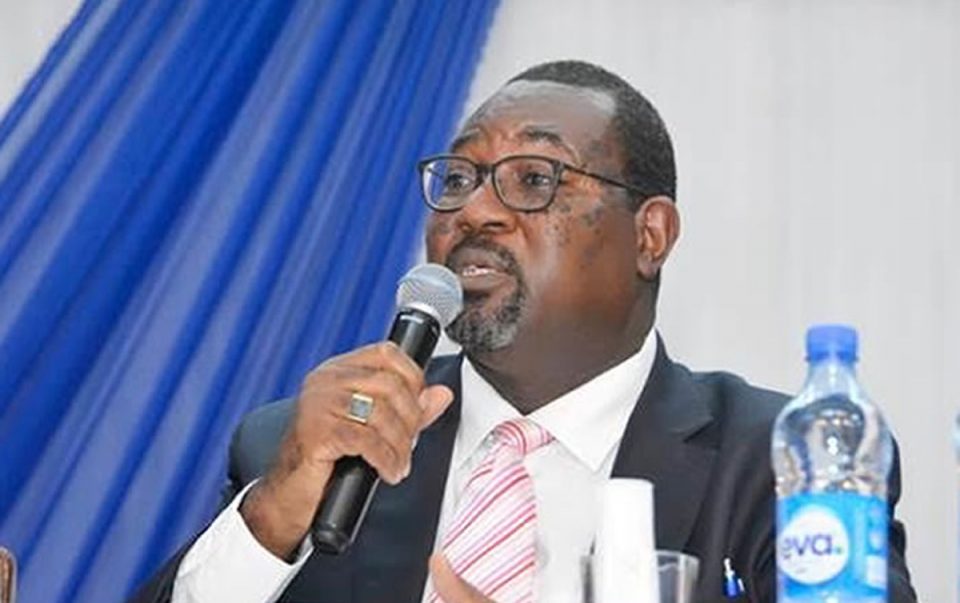MOMAN call for national discourse on fuel subsidy removal
By Abisola THOMPSON
The oil marketers under the auspices of Major Oil Marketers Association of Nigeria (MOMAN),has called for a national discourse on how to mitigate the impact of removal of subsidy on Premium Motor Spirit (PMS) on Nigerians and the economy.
With the price of Brent crude oil still hovering around $60 per barrel, the oil marketers said this become necessary among all stakeholders in the country, to find lasting solutions to the perennial issue.
It would be recalled that the Minister of State for Petroleum, Timipre Sylva, had on Monday, hinted that with the rise in the crude oil prices in the international market, a high cost of petrol is inevitable and urged Nigerians to be ready to bear the pains of the impending new price regime.
But, MOMAN Chairman, Adetunji Oyebanji, at the online zoom press conference on Thursday with energy correspondents , called for a national discourse among all stakeholders including Government, Labour, Civil Society Organizations, the Organized Private Sector and Operators, not on the merits or demerits of petrol subsidy removal, but on the initiatives that can be taken to ease the impact of the subsidy removal on the most vulnerable in our society.
“The dilemma is that any time there is an increased in pump price of petrol, we always ended up on the streets protesting, shutting down the economy. It is a dilemma that we cannot continue to run away from as a country because we can no longer afford those subsidies”.
“With a fully deregulated downstream industry, the natural fear and anticipation of Nigerians is the increase in the price of transportation, food items and the attendant economic hardships. Solutions to these challenges can only emanate from a collective resolve by all stakeholders to face up to these challenges together. We must as a nation debate and share pragmatic and realistic initiatives to mitigate the impact of a pump price increase which could follow a fully deregulated downstream.
Oyebanji noted that the benefit of a liberalized downstream is the most visible means of growing the economy in the medium to long term, adding that, Nigeria can become the refining hub of West and Central Africa and eventually the whole of Africa if we stick to the path of investing in new refineries, adopting a cost optimization initiative, building an environment that promotes competition and creates a sustainable petroleum sector.
“We need to collectively and as a nation, track the progress of work at all the new refineries under construction across the Country to ensure they are delivered timely, efficiently and sustainably. If need be, private investment should be brought in to facilitate the rehabilitation and upgrade of the NNPC refineries for the efficient growth of Nigeria’s internal refining capacity and to ensure energy sufficiency for the country”.
He explained that in line with the recently launched Nigerian Upstream Cost Optimization Program (NUCOP), efforts must be made to reduce costs of production, administration and governance throughout the petroleum value chain in the Nigerian petroleum sector, (particularly) the downstream, in order to promote efficiency and competitiveness within the industry and ensure value creation for all consumers.



